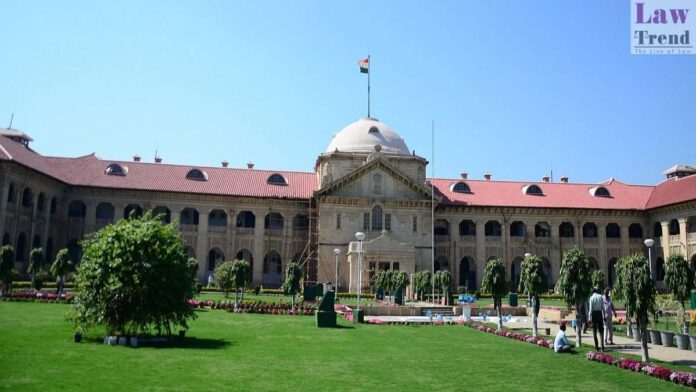In a landmark judgment, the Allahabad High Court has held that there is no limitation period for filing a suit for the declaration of matrimonial status under Section 7 of the Family Courts Act, 1984. The court emphasized that the Family Courts Act does not prescribe any period of limitation for such suits, reaffirming the
To Read More Please Subscribe to VIP Membership for Unlimited Access to All the Articles, Download Available Copies of Judgments/Order, Acess to Central/State Bare Acts, Advertisement Free Content, Access to More than 4000 Legal Drafts( Readymade Editable Formats of Suits, Petitions, Writs, Legal Notices, Divorce Petitions, 138 Notices, Bail Applications etc.) in Hindi and English.




